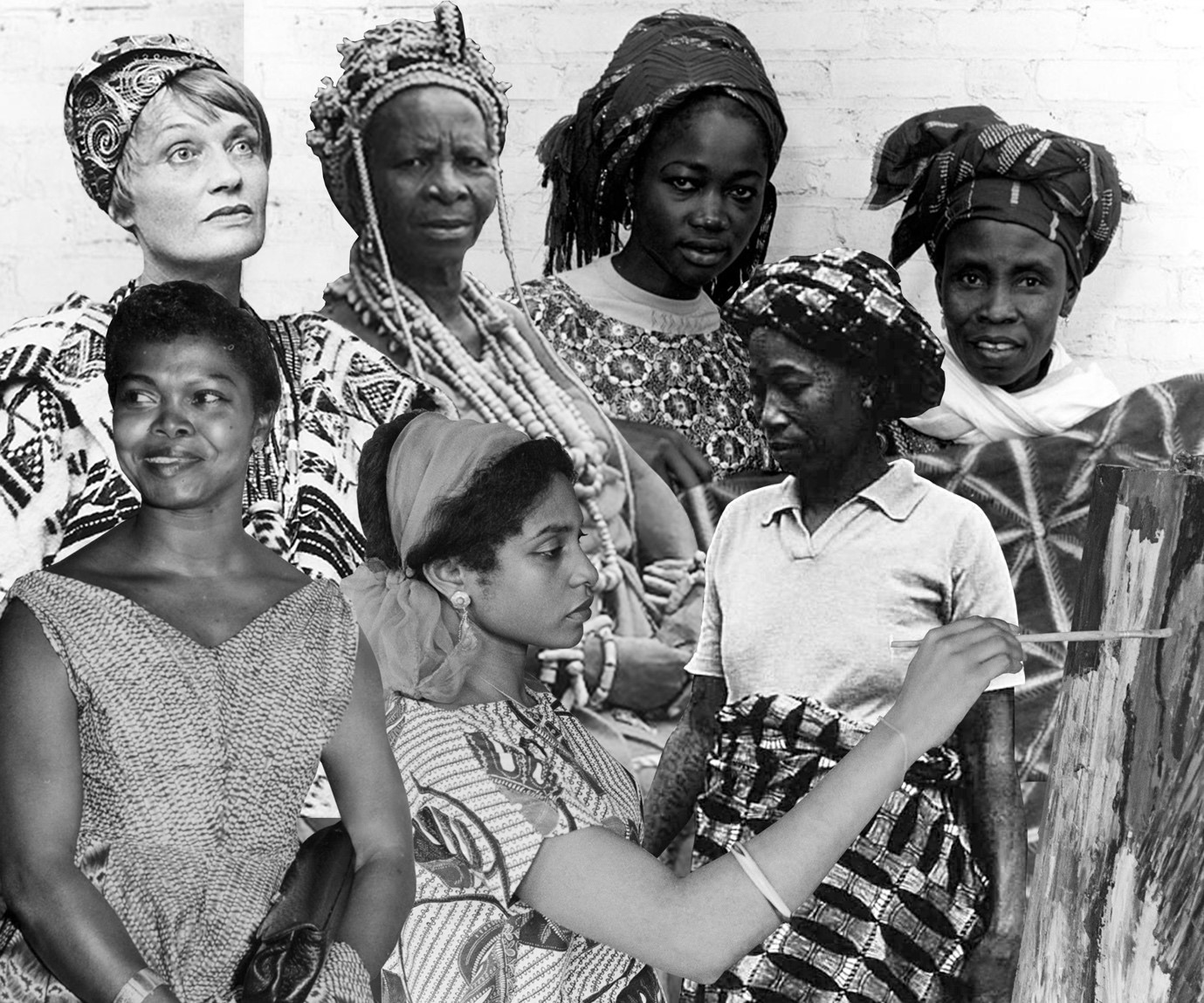The Society for Family Health (SFH) has called for actions to end the direct and indirect ways that gender inequality prevents women of all ages from realising their human right to health.
The Non-Governmental Organisation’s (NGO) Managing Director, Mr Omokhudu Idogho, made the appeal on Wednesday in Abuja in a message to commemorate the 2023 International Women’s Day.
Commemorated on March 8 every year, the 2023 theme is “DigitALL: Innovation and Technology for Gender Equality” with hashtag #EmbraceEquity.
According to Idogho, women’s health is threatened because of the poor conditions in which many women work, the risks they encounter in their reproductive roles and the discrimination and poverty that women face in society.
He, however, said that the achievements made for and by women over the past years should be celebrated.
“Let us also move forward to address critical gaps, building on lessons learned to realise the full potential of women and girls the world over.
“SFH, together with its multiple partners, is poised to ensure healthier futures for women and families around the world.
“As we embark on a new agenda that can mean so much for the future, let us remember our purpose and the positive impact we can have on the lives of women and girls”, he said.
He said that in the 40 years of the organisation’s existence, it was dedicated to advancing women’s rights and focusing on facilitating the sexual and reproductive rights of girls and women within the context of family health.
“Over the past four decades, we have worked in partnership with girls, women, their organisations, and communities to reduce maternal, infant, and child mortality rates, increase contraceptive prevalence rates, and avert the deaths of over a million girls and women.
“While we have much to celebrate on this IWD, we are also saddened by the fact that too many girls and women are still dying due to maternal mortality and HIV, especially among adolescent girls and young women.
“The burden of non-communicable diseases among women is increasing, and sexual and other forms of gender-based violence continue to be widespread. The historic gap in education and health awareness between men and women is also escalating.”
Idogho, however, said that SFH was working to address the specific vulnerabilities and health needs of women through various digital and tech innovations.
This, he said includes the Delivering Innovation in Self Care (DISC), Adolescent 360 (A360), and Grand Challenges Canada – Adolescent and Young Persons (GCC-AYP) Action Hub Projects, among others.
“These game-changing innovations are aimed at providing deep catalytic actions to drive and sustain better health for women.
“We are also working to meet women’s sexual and reproductive health needs, prevent violence against women and reduce the burden of infections, injuries, chronic diseases, mental health, and other chronic conditions that affect women.
“We are committed to ensuring that our work at SFH continues to have a positive and lasting impact on the health of women.
“We believe that women hold the key to improving health as agents of change in the family and in the community and as leaders in all areas.”
The managing director added that given the right support, women could be a positive force, building systems that can lift households, entire communities, and the country out of poverty.


